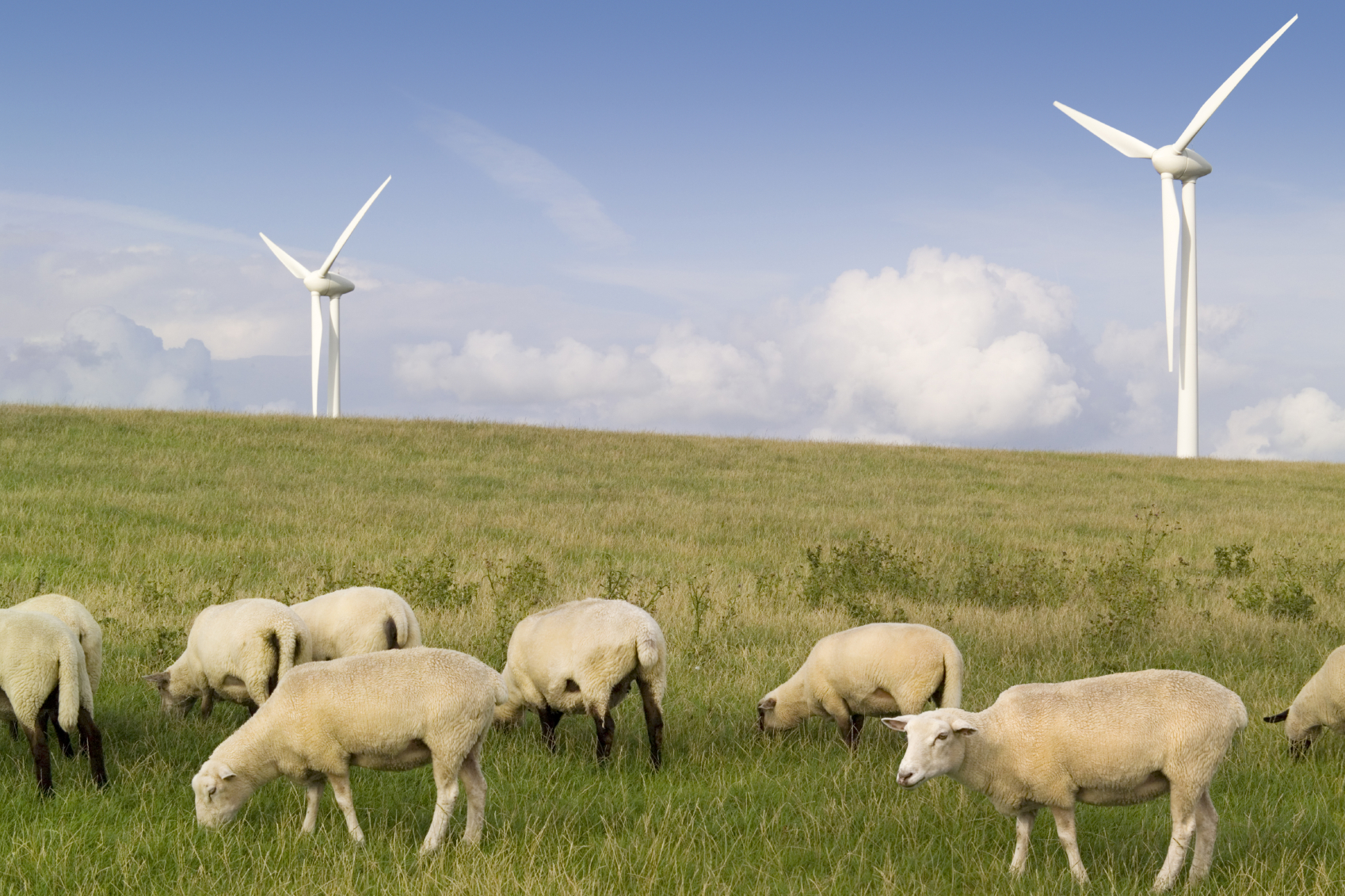
The landowners organisation CLA has told a House of Lords Committee that the UK will have an opportunity to enhance on-farm environmental work outside of the EU.
However, the organisation has advised that realising this potential will depend on the government’s commitment to supporting a new long-term domestic food, farming and environmental policy to succeed and better the EU's Common Agricultural Policy.
The CLA, which represents 32,000 landowners, farmers and rural businesses across England and Wales, made its comments in a submission today to the House of Lords EU Energy and Environment Sub-Committee, which is holding an inquiry into the environment and climate change post-Brexit.

CLA President Ross Murray said: “Farmers and landowners have been working to improve the environment within an overly bureaucratic and inflexible EU system in recent years. This is due in part to the pressures put on Government by the risk of ‘disallowance’ fines payable to the European Commission. Process and bureaucracy have trumped the focus on providing the greatest environmental, economic and societal benefits for the UK.
“We must maintain high standards for on-farm conservation work, and farmers and the government have the opportunity now to work together to identify the best approach for the UK. A system where payments for work are more closely linked to specific environmental outcomes could mean important improvements for the environment. However, farmers and landowners need to have certainty from the government so that they can include this work in their business plans for the coming years."
The CLA has also emphasised to the Committee that the UK will have an opportunity to adopt a more ambitious approach to incentivising renewable energy generation outside of the EU.
Ross Murray said: “Rural landowners are playing an important role in the generation of renewable energy, particularly through solar and wind power and anaerobic digestion. There is the potential for a greater contribution as both technologies and markets develop further in the coming years and we look forward to working with Government to identify how UK policy post-Brexit can do more to encourage landowners to invest in projects that will help the UK meet renewable energy targets.”
